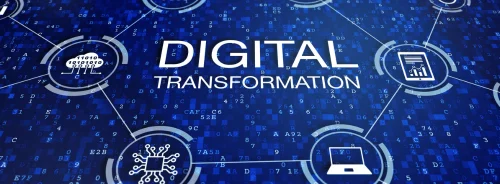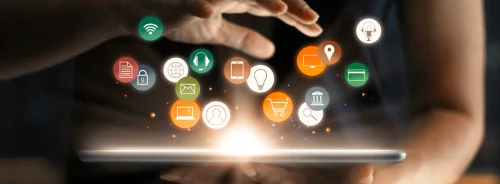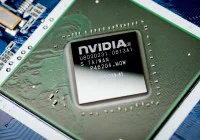The intersection of health technology (health-tech) and medical technology (MedTech) with intellectual property (IP) law has become increasingly intricate, stirring complex patent disputes and ethical deliberations. Understanding the role and ownership of data derived from connected medical devices is paramount in navigating this terrain. Greg Howison, Partner at Munck Wilson Mandala, offers insights into the legal landscape, shedding light on the nuances and challenges faced by both industry players and regulators.
Navigating Data Ownership and Privacy in Connected Medical Devices
Data generated by medical devices, whether ephemeral, stored, or transmitted wirelessly, holds substantial value. With the advent of Bluetooth-equipped implanted devices capable of real-time monitoring and data collection, the significance of such data has escalated. However, questions of ownership arise, particularly concerning data collected from individuals. Who owns this data and what rights do patients have regarding its usage? Legal issues surrounding data ownership intersect with HIPAA regulations and privacy concerns. While individuals may create or collect data, privacy regulations may restrict its use, especially if it can be identifiably associated with specific patients. This raises questions about data transfer, distribution, and potential violations of privacy laws, including HIPAA.
Legal Landscape of AI-Driven Models in Healthcare Innovation
Moreover, the emergence of AI-driven models further complicates matters. Recent copyright cases have spotlighted debates over the derivative nature of models trained on copyrighted data. Similarly, in the health sector, concerns arise regarding the potential identification of individuals through trained models. Despite disagreements, crafting robust releases and agreements may mitigate legal risks. Various use cases emerge within the realm of IP, ranging from patents for medical devices to trademarks and data ownership. Companies utilising AI in diagnostics or drug research leverage proprietary data sets as valuable assets. Likewise, clinical trials necessitate data collection, adding to the IP portfolio.
Regulatory Challenges in the Integration of Machine Learning
The regulatory landscape varies across medical device classifications. While Class 1 devices face comparatively shorter approval timelines and lower investment risks, Class 3 devices undergo stringent FDA evaluations, posing significant regulatory hurdles and investment uncertainties. In the evolving landscape of machine learning algorithms trained on connected device data, the potential for disruptive innovations in telehealth and diagnostics is profound. AI-powered self-diagnosis and real-time monitoring hold promise for improving healthcare delivery. However, regulatory concerns persist, particularly regarding model validation and FDA approval processes.
Challenges and Opportunities from A Policy Perspective
Efforts to establish standards in machine learning regulation are underway, yet challenges persist. Validating AI-generated predictions remains a key concern for regulators, necessitating robust frameworks to ensure accuracy and reliability in healthcare applications. Addressing broader policy questions, the debate over creating new rights in data and patentability of AI algorithms underscores the evolving nature of IP law. While data ownership remains contentious, patentability of algorithms hinges on their tangible impact on machine operations, necessitating legislative clarity.
Looking ahead, the convergence of health tech, medtech, and AI presents both opportunities and challenges. As stakeholders navigate these complexities, a nuanced understanding of IP laws, regulatory frameworks, and ethical considerations will be indispensable in shaping the future of healthcare innovation.
Source Credit: MedCityNews
Image Credit: iStock







